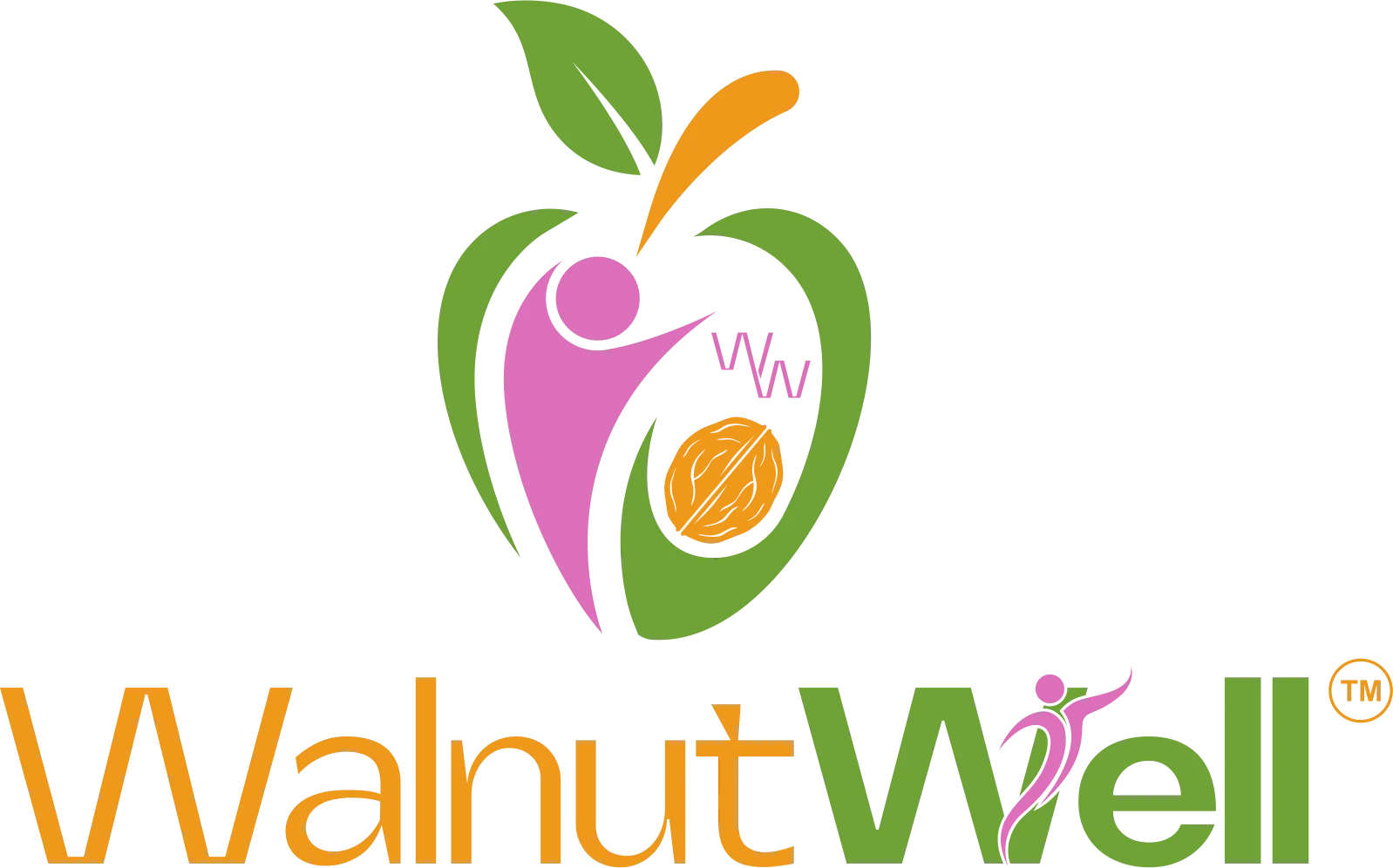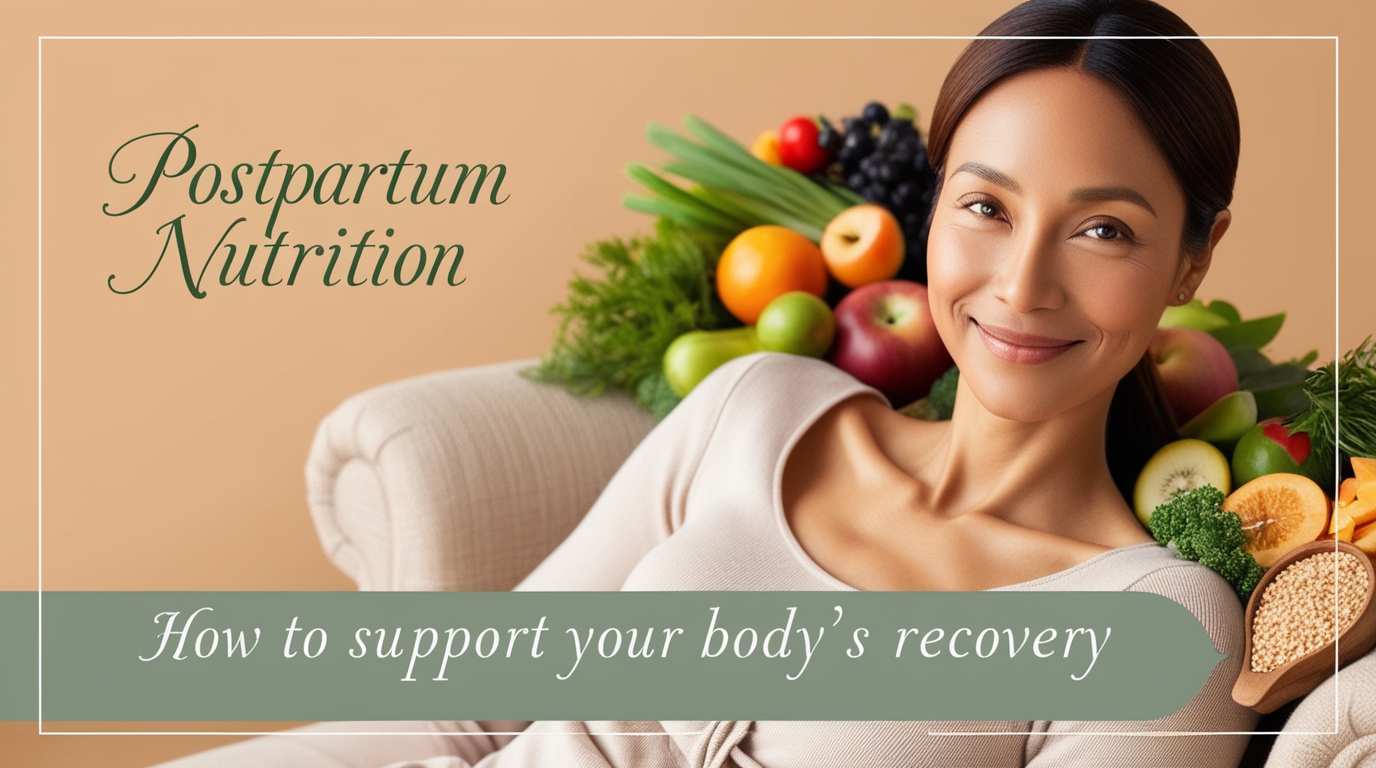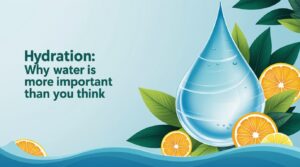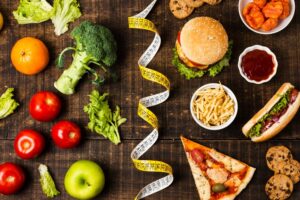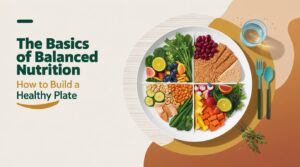The postpartum period is a crucial time for new mothers, filled with both joy and challenges. As you adjust to life with a newborn, your body undergoes many changes. Nutrition plays a vital role in transition. Proper postpartum nutrition aids recovery, supports breastfeeding, and enhances your overall well-being. In this blog, we’ll look at why good nutrition is important, the key nutrients to focus on, meal ideas, and practical tips for healthy eating. By prioritizing your nutrition, you can better support your body and enjoy this special time with your baby.
Take care of yourself while enjoying motherhood to know more click here.
Why Postpartum Nutrition Matters
After giving birth, your body needs extra care and nutrition for several reasons:
- Physical Recovery: Childbirth can be physically demanding, and your body needs nutrients to heal from labour and delivery. This is especially true if you had a caesarean section or experienced significant blood loss.
- Support for Breastfeeding: If you choose to breastfeed, your body requires more calories and nutrients to produce milk. A nutritious diet ensures you have enough energy for both you and your baby.
- Mood and Mental Health: What you eat can affect your mood. Certain nutrients may help stabilise your mood and reduce the risk of postpartum depression.
- Energy Levels: Caring for a newborn is exhausting. A balanced diet can help you maintain your energy throughout the day.
Essential Nutrients for Recovery
Focusing on a balanced diet with a variety of nutrients can significantly support your recovery. Here are some key nutrients to prioritise:
1. Protein
Protein is crucial for healing and repairing tissues. It also supports milk production if you are nursing. Aim for lean protein sources such as:
- Chicken and turkey
- Fish (preferably low in mercury)
- Eggs
- Dairy products like yoghourt and cheese
- Legumes (beans, lentils)
- Nuts and seeds
2. Iron
Iron is important for replenishing your body’s stores, especially if you lost blood during childbirth. Good sources of iron include:
- Red meat
- Poultry
- Leafy greens (like spinach and kale)
- Lentils and beans
- Fortified cereals
To enhance iron absorption, pair iron-rich foods with vitamin C sources like oranges, strawberries, or bell peppers.
3. Calcium and Vitamin D
Calcium is important for bone health, while vitamin D helps your body absorb calcium. These nutrients are especially important if you are breastfeeding. Include these in your diet:
- Dairy products
- Leafy greens
- Plant-based milk (like almond or soy milk)
- Fatty fish (like salmon)
- Eggs
4. Omega-3 Fatty Acids
Omega-3 fatty acids support brain health and may help reduce the risk of postpartum depression. They are also beneficial for your baby’s development if you are breastfeeding. Good sources include:
- Fatty fish (such as salmon and sardines)
- Chia seeds
- Flaxseeds
- Walnuts
5. Fibre
Eating plenty of fiber can help prevent constipation, which is common after childbirth. Include these fiber-rich foods:
- Whole grains (such as quinoa, oats, and brown rice)
- Fruits and vegetables
- Legumes
6. Hydration
Staying hydrated is essential, especially when you are breastfeeding. Water should be your main drink, but herbal teas and broths can also be helpful. Aim for at least 8-10 cups of fluid daily, adjusting based on your activity level and climate.
Meal Ideas for Postpartum Nutrition
Creating balanced meals can help you meet your nutritional needs. Here are some meal ideas:
Breakfast
- Overnight Oats: Combine rolled oats with yogurt or milk, and top with fruits and nuts for added protein and fiber.
- Smoothie: Blend spinach, banana, Greek yogurt, and a scoop of nut butter for a quick and nutritious option.
- Egg Scramble: Cook eggs with spinach, tomatoes, and cheese, served with whole-grain toast.
Lunch
- Quinoa Salad: Mix cooked quinoa with black beans, corn, diced bell peppers, and avocado for a filling meal.
- Wrap: Use a whole-grain wrap filled with turkey, spinach, and hummus.
- Soup: Enjoy a hearty vegetable or lentil soup paired with whole-grain bread.
Dinner
- Grilled Salmon: Serve with roasted vegetables and brown rice for a balanced meal.
- Stir-Fry: Quickly sauté lean chicken or tofu with broccoli, bell peppers, and a flavorful sauce, served over whole-grain noodles.
- Casserole: Make a vegetable and chicken casserole using whole-grain pasta and a light cheese sauce.
Snacks
- Greek Yogurt: Top with fruit and nuts for a protein-packed snack.
- Hummus and Veggies: Dip carrot sticks or bell peppers in hummus for a crunchy snack.
- Trail Mix: Create a mix of nuts, seeds, and dried fruits for a convenient on-the-go option.
Practical Tips for Healthy Eating
- Plan Ahead: Meal planning can save you time and help you have healthy options ready. Consider preparing meals on a large scale and freezing portions for later.
- Keep Healthy Snacks Handy: Stock up on easy-to-reach snacks like yogurt, fruits, and nuts to help you stay nourished throughout the day.
- Involve Your Support System: Don’t hesitate to ask family and friends for help. They can assist with meal prep or bring over healthy meals.
- Listen to Your Body: Your hunger and energy levels may change during the postpartum period. Pay attention to your body’s signals and eat whenever you’re hungry.
- Avoid Restrictive Diets: It’s essential to nourish your body rather than restrict calories. Your body needs energy to heal and care for your baby.
- Stay Flexible: Some days will be more challenging than others. It’s okay if you can’t always stick to a perfect diet. Focus on nourishing yourself and adapt as needed.
Conclusion
Postpartum nutrition is essential for recovery and overall well-being for new mothers. By focusing on a balanced diet full of key nutrients, you can help your body heal, increase your energy levels, and support healthy breastfeeding. Remember, this journey takes time, be patient with yourself. Prioritize your nutrition, lean on your support system, and cherish those special moments with your new baby. It’s okay to ask for help and take things one thing at a time. With the right approach, you can thrive during this beautiful but challenging phase of life and feel your best as you care for your little one.
